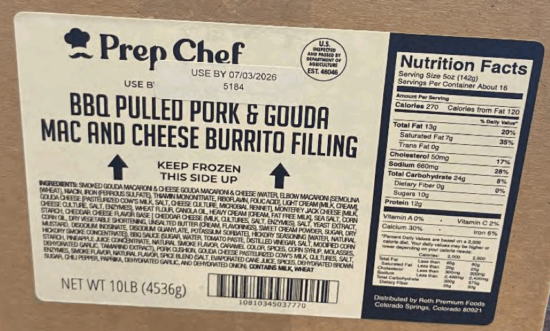A review has revealed foodborne botulism is uncommon in the United Kingdom but its seriousness means there is a critical need for continued surveillance.
Botulism is a rare but life-threatening disease caused by a neurotoxin produced by Clostridium botulinum. Foods at high risk include those stored in airtight conditions, such as canned goods, preserved foods in jars, and pickled products. There are eight recognized botulinum neurotoxin (BoNT) types, though only types A, B, E, and F are known to cause disease in humans.
A study in the journal Foods revealed 13 cases from 2010 to 2024, with seven incidents and two outbreaks, but no reported fatalities. Cases were linked to imported, homemade, and artisanal foods and occasionally to commercial products.
Diagnostic and public health challenges include delayed clinical diagnosis, delayed sample collection, inadequate specimen volumes, and the frequent unavailability of suspected food sources, hampering epidemiological investigations.
Suspected cases of botulism in England are identified through clinical diagnosis by healthcare professionals who notify potential cases to the Botulism Service at the UK Health Security Agency (UKHSA). The Botulism Service is a team of medical microbiologists and scientists who provide expert and clinical advice. It also includes the UK reference laboratory for Clostridium botulinum testing.
Selected botulism examples
A case in September 2024 was suspected to have been caused by roasted chicken bites. A 70-year-old woman became unwell after eating a snack that she described as “off” the previous day. It involved BoNT type A. Her husband brought the leftovers to hospital but the clinician deemed it irrelevant to the case and discarded them.
Scientists said the disposal of implicated foods before public health authorities become involved limits the ability to trace and potentially prevent future cases, which is a concern that needs addressing.
Another report in a 64-year-old woman in February 2024 was linked to a pub meal or a homemade duck potato bake. This was caused by BoNT type B.
Three confirmed cases in September 2023 were caused by sardines in oil prepared by a restaurant in France. Five British adult males were exposed and three developed symptoms. Clostridium botulinum neurotoxin type B was detected in the sardines by a French laboratory. At least 15 people from multiple countries were affected, with 10 hospitalized, eight requiring intensive care, and one fatality.
The suspected cause of illness for a 28-year-old male in May 2019 was a pizza topping. Another case in December 2016 was linked to homemade tuna in oil. A 31-year-old Italian man consumed tuna that smelled bad and had been sent by post from Italy. The jar of tuna had been opened weeks earlier and stored unrefrigerated in a cupboard. It had been discarded, but another similar unopened jar tested negative. The pH was 5.75 which is within the range for allowing growth of Clostridium botulinum.
An outbreak in November 2011 sickened three children and was confirmed to have been caused by commercially distributed korma sauce in a glass jar. It involved BoNT type A.
“Food botulism remains a public health emergency as it requires timely treatment and rapid reactive intervention to be undertaken by multiple regulatory agencies. Continuous professional training of medical staff, up-to-date clinical guidance, rapid diagnostic, and food investigations are essential for optimizing patient outcomes and prevention,” said researchers.
(To sign up for a free subscription to Food Safety News, click here)



